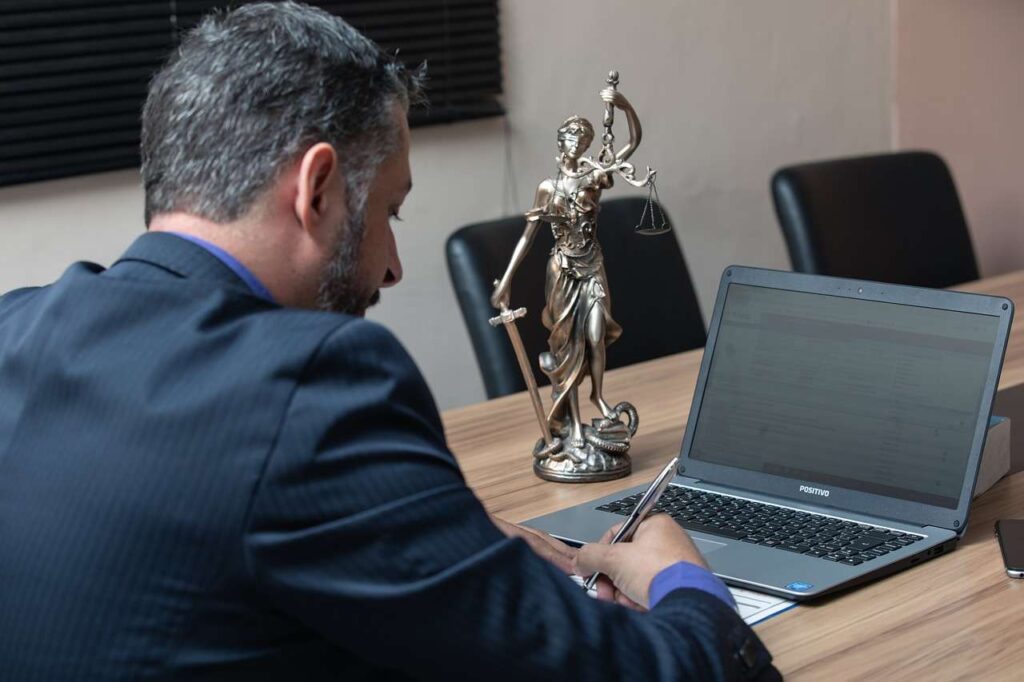
PR EDA : 572-335-4994

Begin your legal research using secondary sources, like law journals, practice guides and treatises. They can save time by quickly locating relevant statutes and cases.
When choosing a lawyer, take into account their experience and expertise for your specific type of case or situation. Also pay attention to their personality and how well you get along with them.
There is no single best way to choose a lawyer; each attorney varies in terms of experience, expertise and personality. What matters most when finding legal assistance is finding someone with whom you feel comfortable discussing your problems and possible solutions.
Reach out to friends, family and colleagues for recommendations of lawyers they trust. Real estate agents or insurance brokers who regularly deal with lawyers could also make informed judgments on quality. Organizations supporting specific legal issues or areas may have access to attorneys who specialize in those fields of law.
Online lawyer databases such as Avvo can assist in researching lawyers by offering client reviews, bar data, disciplinary records, peer endorsements and more. Many of these sites allow you to filter by practice area and location; local bar associations offer lawyer referral services while the American Bar Association website features an interactive state-by-state search function for lawyer referral services. Many lawyers offer a complimentary consultation so they can assess your case before determining if they’re suitable.
Free Legal Answers is a virtual legal advice clinic where qualified users post civil legal queries that are answered by attorneys licensed in their state. The site addresses the “connectivity” problem many low-income people experience when seeking legal assistance – difficulties scheduling an appointment with an attorney and getting to an appointment location on time are both factors in getting legal help.
Volunteer attorneys from ABA Free Legal Answers can answer queries related to state law legal issues – excluding criminal law matters – posted on their website by clients meeting state eligibility criteria or veterans with an accredited VA disability claim.
Lawyers participating in the American Bar Association Free Legal Answers system agree not to communicate directly with client users outside of the website and use their best efforts to keep all communication confidential, in accordance with ABA rules of professional conduct and applicable civility codes, which mandate treating clients with dignity and respect.
Some court systems provide self-help centers or legal aid programs to assist those representing themselves without legal representation. These may offer workshops, informational materials and assistance completing forms. Check with your state court system to determine what resources may be available in your area.
The Court’s Self-Help Center and Lawyer in the Lobby/Lawyer in the Library program provide walk-in legal services for customers seeking limited legal advice or assistance on civil matters such as family law, housing and restraining orders. Staff cannot represent anyone in court and there is no attorney-client privilege or confidentiality between you and those providing assistance.
The Self-Help Center is a walk-in clinic offering limited legal information and forms on divorce, custody/visitation/child support/domestic violence petitions at no charge. Attorney consultation costs just $1 per minute – so once you’ve passed court security screening (Level One), take an elevator up to Level A and look out for our sign!
VLJ is a volunteer community of attorneys (retired and veteran attorneys, law students, etc.) who offer their time and services to assist people with civil legal problems through various programs. Volunteers provide both informational advice and limited representation services to aid those in need of legal help.
The Volunteer Lawyer Program provides free legal consultations online and at New York City Civil Court for people involved with landlord-tenant or small claims cases, while attorneys also offer their expertise at Housing Court’s Help Center on an as-needed basis.
The Debt Relief Legal Program helps those struggling with overwhelming medical or other debt find financial relief through screening and supporting those who qualify for Chapter 7 bankruptcy. Conducted in partnership with NY Appleseed and New York County Lawyers Association, volunteer attorneys offer limited representation for unrepresented consumer debtors in Civil Court by helping negotiate settlement negotiations or vacate default judgments.